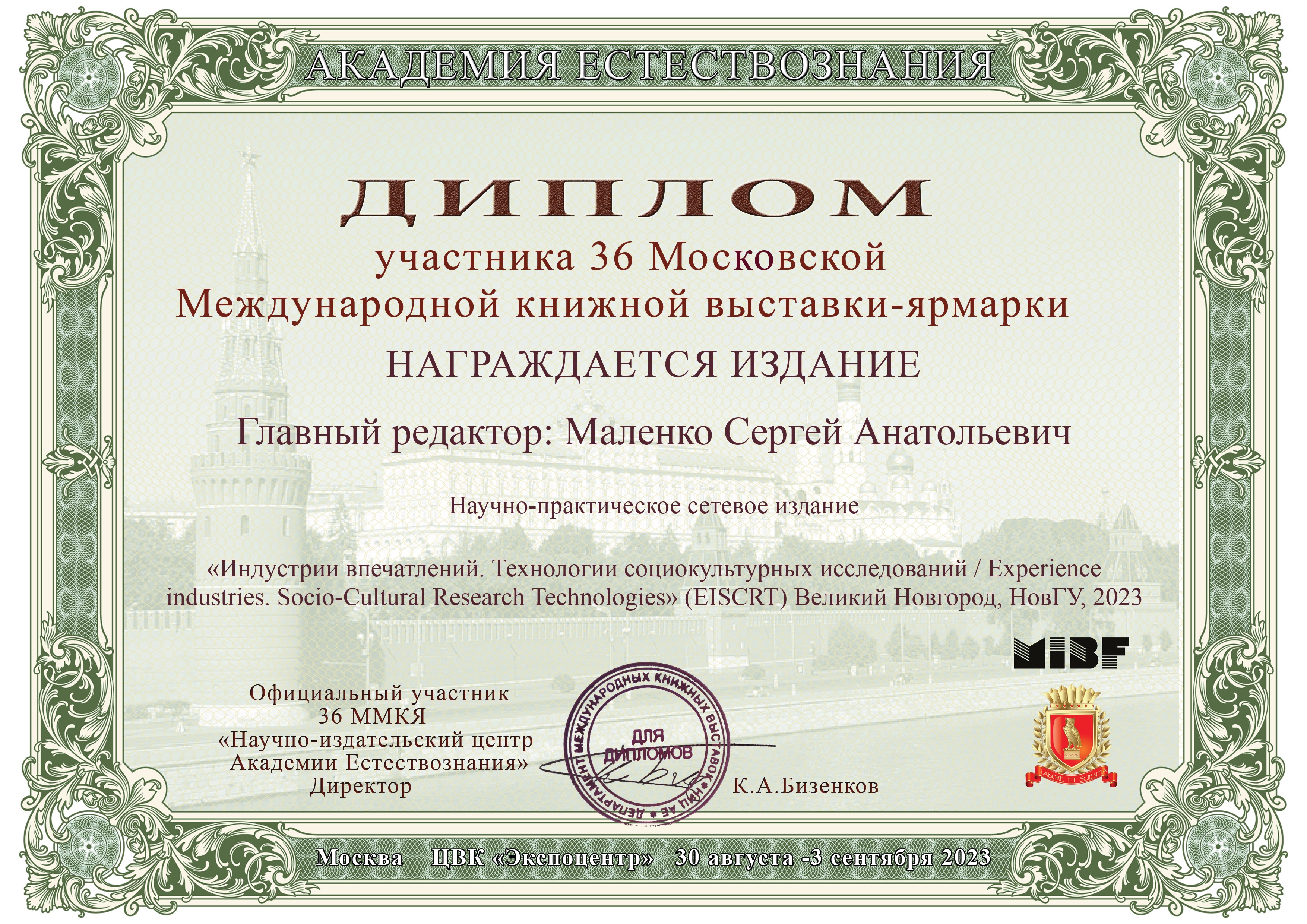ЗАРУБЕЖНАЯ «КАРНАВАЛЬНАЯ» КУЛЬТУРА: МЕЖДУ ИДИОМОЙ И ВИРУСНЫМ КОНЦЕПТОМ
DOI:
https://doi.org/10.34680/EISCRT-2023-4(5)-19-47Ключевые слова:
идиома, Protestival, Tactical carnival, протест, карнавал, экзаптация, юмор, декарнавальная культура, политический театрАннотация
Статья продолжает серию исследований автора современной карнавальной культуры, в теории и практике которой заметны серьёзные расхождения. В тексте заостряется внимание на мало исследованной лингвокультурной стороне терминов Laughtivism, Laughter resistance, Strategic humor, Humorous protest, Protestival, Clownfrontation, Tactical Carnival, Intentional carnival, Carnivalesque Protest, Carnivalized politics, каркас которых строится на слиянии номинаций смеха и серьёзности. Практическим предметом анализа выступают сообщества, события и практики, в отношении которых используется данная терминология. Рассматривается движение «Карнавал против капитала»; действия группы «Повстанческая армия клоунов», акция «Захвати Уолл-Стрит», акции движений «Вернуть себе улицы», творчество театра «Хлеб и кукла» и др. Согласно первой гипотезе, вышеперечисленные зарубежные термины, используемые для характеристики карнавальной культуры, выступают идиомами, в которых семантика не выводима из внешней конструкции самой лексемы. Во второй гипотезе, данные понятия выдерживают верификацию, если к ним применяется теория экзаптации, в русле которой подобные гибриды смеха и серьезности могут выступать в качестве побочного результата развития карнавальной культуры. В результате исследования частично подтвердились обе гипотезы. Зарубежные концептуальные лексемы, претендующие на статус теоретических понятий карнавальной культуры, не выдерживают верификации, поскольку всецело характеризуют декарнавализованный мир, сравнимый с вирусным образованием на теле теории и практики карнавала.
Для цитирования статьи:
Семенова, Е. А. (2023). Зарубежная «карнавальная» культура: между идиомой и вирусным концептом. Индустрии впечатлений. Технологии социокультурных исследований (EISCRT), 4 (5), 19-47. https://doi.org/10.34680/EISCRT-2023-4(5)-19-47








